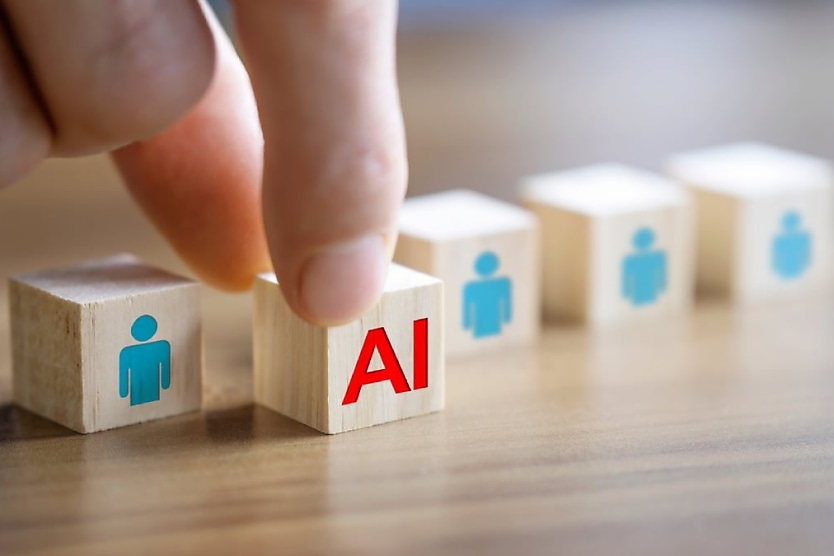
The old Terminator movies have endless quotes applicable to the ongoing AI takeover throughout workplaces across the world. So, just how dependent are we becoming on it?
Fusion Digital has released findings from its recent survey, showing that a staggering 86 per cent of respondents actively use artificial intelligence (AI) in their workplace. Tools like ChatGPT are among the most popular in assisting with workplace processes.
Workers have reported that they are saving an average of 4.6 hours per week thanks to AI, highlighting significant gains in productivity and efficiency. Surprisingly, 21 per cent of professionals use AI tools secretly, indicating a fear of being ostracised by fellow colleagues and possibly breaking workplace policies.
It is a real concern in the workplace, as a recent report from Veritas Technologies highlighted that a quarter of Aussie workers believe that the use of AI tools in the workplace is cheating, creating division between employees.
The danger that the report showed was that more than two-thirds (68 per cent) of Australian office workers acknowledged using different AI generative tools, such as ChatGPT, to assist them with their tasks, which included exerting rather risky behaviour, like inputting customer details, employee information, and company financials.
Using AI tools for important procedures like this is risky business and could open up companies to a wide range of problems. The Fusion Digital report also covered the generational divide, with Gen Z showing scepticism towards AI’s accuracy and trustworthiness, aligning more with Baby Boomer sentiments instead of Millennial viewpoints, who more so support the use of it.
Further details from the report show that employees of larger companies (over 5,000 staff) use AI tools for an average of 6.7 hours per week in contrast to employees of small businesses (1–100 employees) who use them for around three hours a week.
Despite the internal workplace division or debates around the use of AI and its reliability, a majority see its value, with professionals willing to invest an average of $60 per month on AI tools that enhance productivity.
Scott Pittman, founder of Fusion Digital Agency, explained how the research highlights how AI is changing the workplace and its outlook: “Our research shows how much AI has impacted the workplace – specifically over the last 12 months. As digital marketers, we’ve seen firsthand the pace of change and adoption. This technology is here to stay – and it certainly won’t be slowing down.
“I think we’re a way off AI taking everyone’s jobs, and at present, we’re seeing AI empower most employees to scale their output, productivity and value, although some work is needed for ethical policies and safeguards to catch up.”
Having AI as a tool that can boost productivity and efficiency for employees is a legitimate competitive advantage over other businesses that are not implementing its usage. If the division around the use of AI in the workplace can be mitigated and safeguards can be put in place to ensure that it doesn’t create security risks, businesses should begin to look at it as a source for increased business outcomes.
“There’s competitive advantage on the table right now for those who apply and execute effectively, but this window is closing fast. The time for Australian professionals to get ahead of the AI revolution is now,” concluded Pittman.
RELATED TERMS
An employee is a person who has signed a contract with a company to provide services in exchange for pay or benefits. Employees vary from other employees like contractors in that their employer has the legal authority to set their working conditions, hours, and working practises.
Kace O'Neill
Kace O'Neill is a Graduate Journalist for HR Leader. Kace studied Media Communications and Maori studies at the University of Otago, he has a passion for sports and storytelling.









